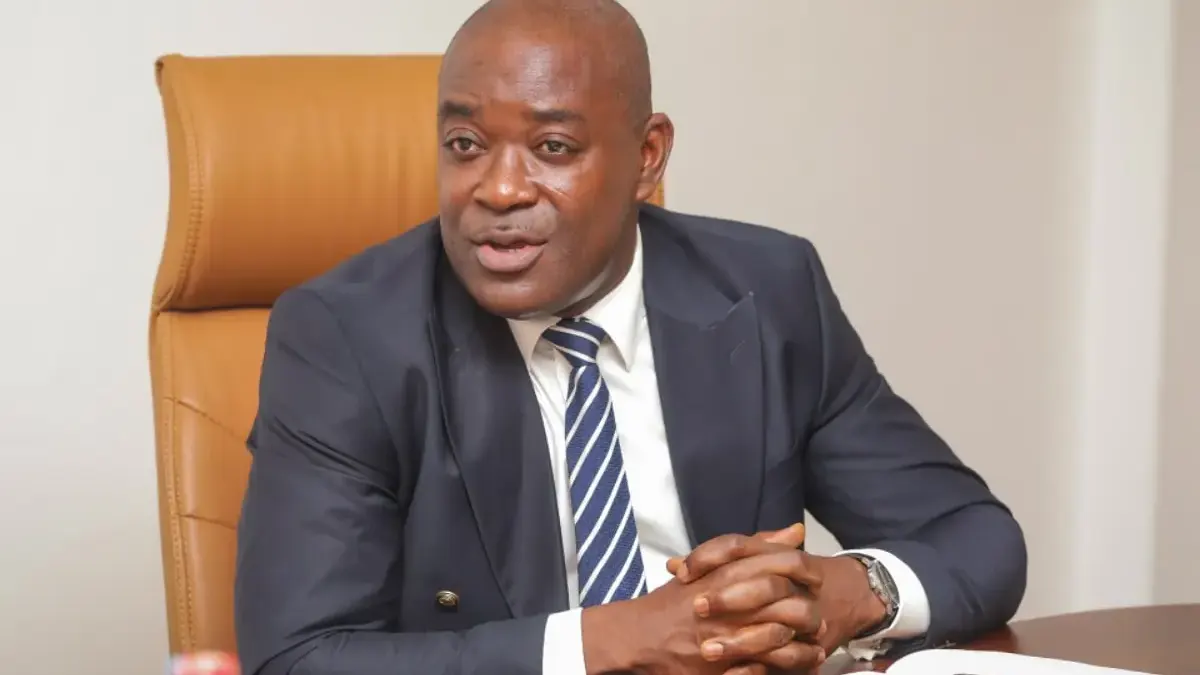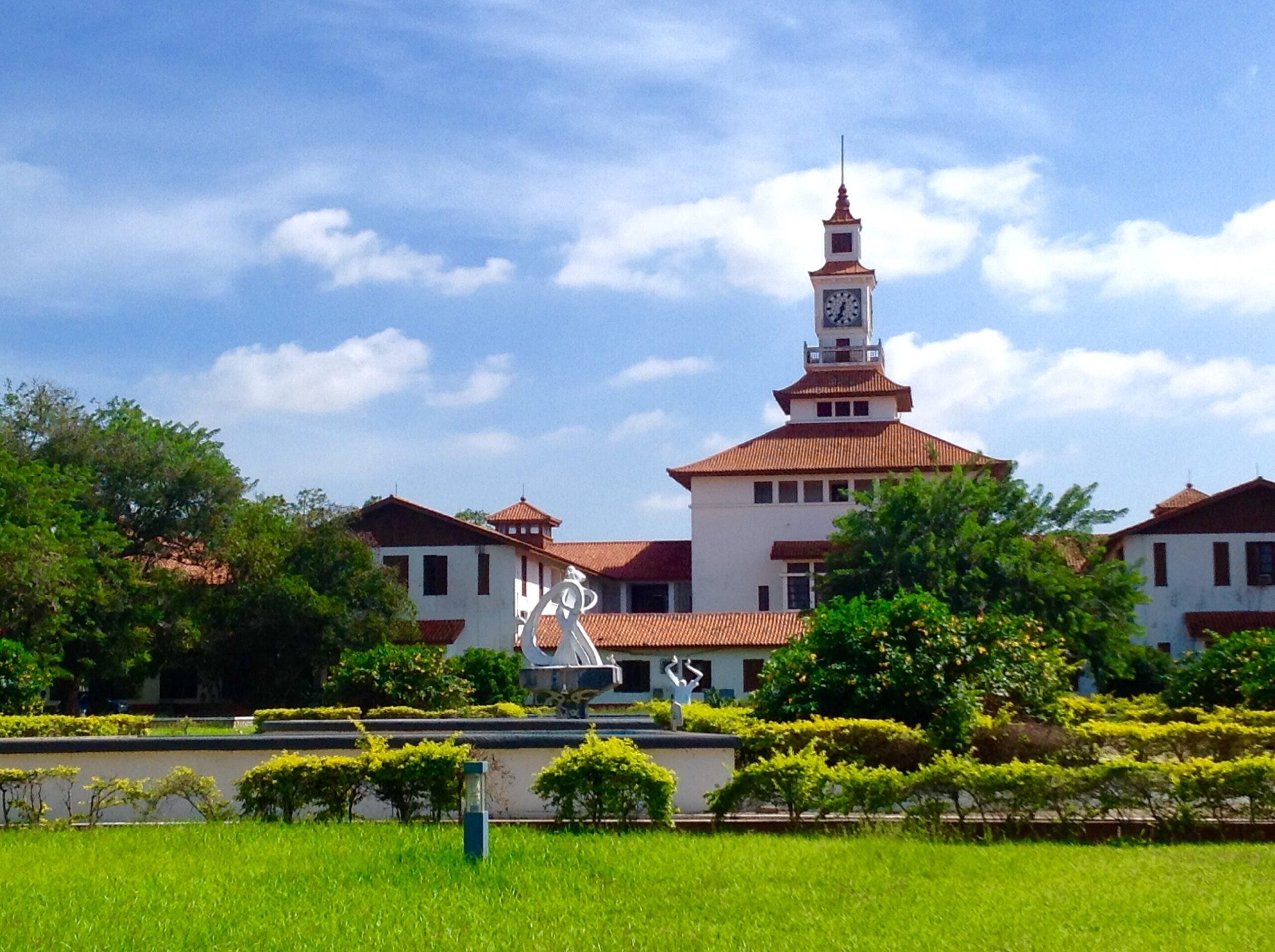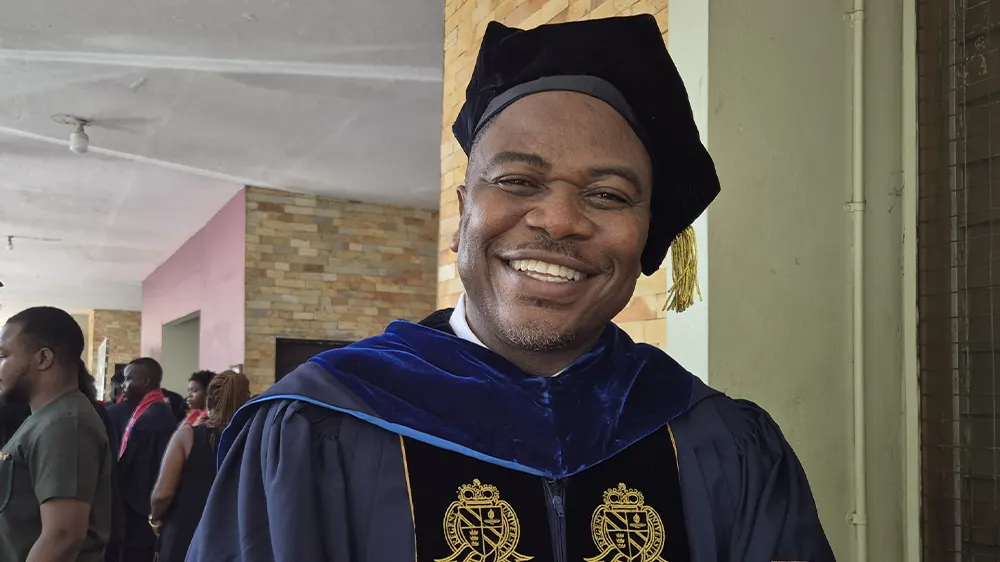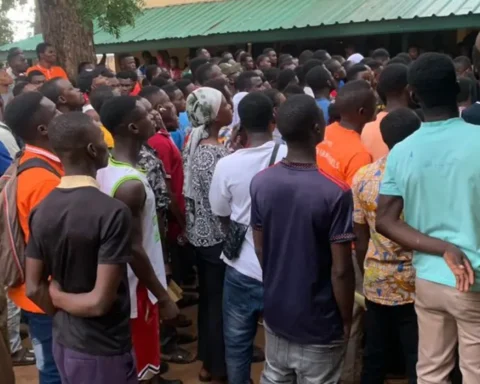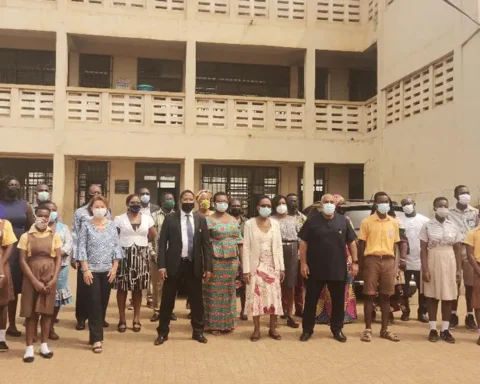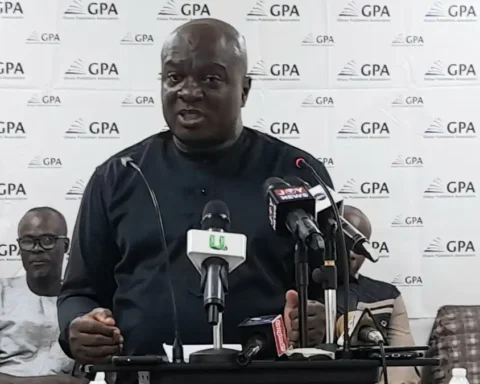The Ghana Tertiary Education Commission (GTEC) has issued a stern warning to all private universities that have not obtained charters or initiated processes to receive charters. According to Professor Ahmed Jinapor Abdulai, the Acting Director-General of GTEC, these institutions will face closure by August 31 of this year. The decision aligns with the Education Regulatory Bodies Act, 2020 (Act 1023), which aims to uphold standards and quality in Ghana's tertiary education sector.
Speaking at the opening session of the ninth Association of West African Universities (AWAU) Conference 2024 and 11th Annual General Meeting at the University of Cape Coast (UCC), Prof. Abdulai emphasized the importance of adhering to the chartering requirements outlined in the law. He urged stakeholders within the private tertiary education sector to take the chartering process seriously, as institutions failing to comply will be compelled to shut down.
The conference, themed “Promoting quality tertiary education in West Africa through collaboration, regional integration, and technology,” has brought together key stakeholders from across Ghana, Nigeria, Benin, and other West African countries to discuss strategies for standardizing and enhancing the quality of education.
Prof. Abdulai revealed that out of the 310 tertiary education institutions in the GTEC database, 128 are private. Currently, the Commission has received 77 chartering applications, with 43 institutions ready for chartering and 21 others expected to meet chartering requirements within two years. However, some institutions are facing distress conditions and may be recommended for closure.
Highlighting the importance of collaboration, regional integration, and technology in ensuring quality tertiary education, Prof. Abdulai praised the adherence to accreditation standards by Ghanaian tertiary institutions. He emphasized that collaboration, integration, and technology are essential components of quality educational delivery.
In his address, Professor Johnson Nyarko Boampong, the Vice Chancellor of UCC and Chairman of AWAU, emphasized the pivotal role of technology in improving the quality of higher education. He urged universities in the Sub-region to embrace technology to meet the demands of the 21st-century world, stating that technological advancements have reshaped educational outcomes and are integral to teaching, research, and community services.
Prof. Boampong also stressed the importance of continuous professional learning and curriculum improvement to enhance quality at all levels of education. He urged institutions in West Africa to prioritize these aspects to remain relevant and competitive in the global arena.

